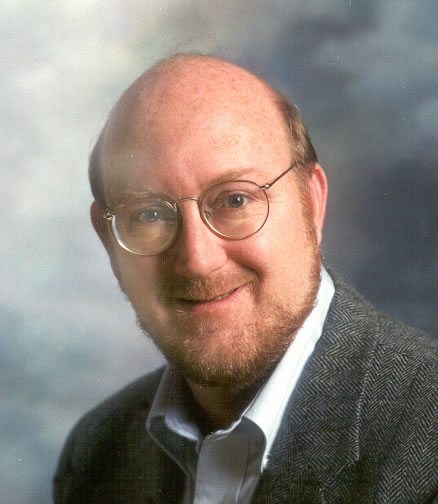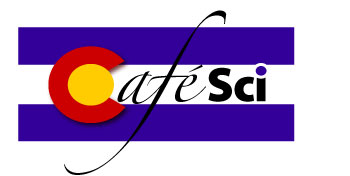About the topic
Bio
Get the Flyer
About the topic
Demand for mineral resources is currently extremely high, driven in large part by industrialization in China and India. The business imperative to produce more minerals is tempered by the need to achieve high environmental standards and to gain the necessary social license, or community acceptance, to allow mining operations. The future of mining in the 21st century will depend, to a great extent, on how well the mining industry meets society’s legitimate expectations for socially responsible, environmentally sensitive extraction of the materials needed to support living standards while keeping costs low enough to fuel worldwide economic growth.
We are unlikely to exhaust our mineral resources in the next century. Though metal prices may remain higher than historical trends and political factors may disrupt the market, there will be extreme pressure on the mining industry to provide a constant supply of minerals as cheaply as possible.
Mining and mineral processing techniques may change over the next several decades and this will have profound impacts on mineral exploration. Mining must become less intrusive and more productive; this may be achieved through discovery and mining of higher grade and smaller footprint deposits. In-situ mining technologies, where metals are leached from the ground utilizing chemical and/or biological agents, may obviate the need for excavation. Seafloor mining may allow us to directly extract metals from high-temperature hydrothermal fluids. Improved utilization of current mining wastes and mining openings (open pits and underground workings) may favorably impact both economics and public opinion. Most mining companies are still exploring for conventional, low-grade, bulk-tonnage deposits; given the long (and growing) lead time for discovery and development of mineral deposits, there is a danger of not having enough “unconventional” deposits in the pipeline for future development.
Integrating the social and cultural aspects of mining with traditional economic and environmental analysis should produce creative approaches to the value-based, rather than strictly science- and engineering-based, challenges associated with the production of minerals. To survive and prosper, the mining industry will need to attract innovative people with the excellent technical skills that it has always needed, but there is also an urgent need for scientists and engineers who possess the skills needed to mediate between the technical world of mining and the social context in which mining takes place.
Bio
 Dr. Murray W. Hitzman earned Batchelor’s degrees in geology and anthropology from Dartmouth College (1976), an MS in geology from the University of Washington (1978), and a PhD in geology from Stanford University (1983). He has worked throughout the world in the mining industry for the Anaconda Company (1976-82) and Chevron (1982-93). In 1990, he discovered the Lisheen zinc-lead-silver deposit in Ireland and took the project from discovery through feasibility.
Dr. Murray W. Hitzman earned Batchelor’s degrees in geology and anthropology from Dartmouth College (1976), an MS in geology from the University of Washington (1978), and a PhD in geology from Stanford University (1983). He has worked throughout the world in the mining industry for the Anaconda Company (1976-82) and Chevron (1982-93). In 1990, he discovered the Lisheen zinc-lead-silver deposit in Ireland and took the project from discovery through feasibility.
Dr. Hitzman worked in Washington, D.C., as the Geological Society of America Congressional Fellow in the office of Senator Joseph Lieberman (1993-94) and as a policy analyst in the White House Office of Science and Technology Policy (1994-96). In 1996, he was named the Fogarty Professor of Economic Geology at the Colorado School of Mines and he served as Department Head from 2002 to 2007.
Dr. Hitzman has published extensively on the geology of mineral deposits and on natural resource policy issues. He and his research students are studying ore deposits on five continents. Dr. Hitzman is a lead researcher in a joint U.S.-Australian team who are reexamining the geology and mineral deposits of the Central African Copperbelt in Zambia and the Congo, one of the world’s richest sources of metals. In addition to his scientific work on ore deposits, Dr. Hitzman works on issues of sustainable development, social license, and corporate social responsibility in the mining industry.
He served as President of the Society of Economic Geologists during 2006. He is currently Chair of the National Research Council’s Committee on Earth Resources and a member of the NRC Board on Earth Sciences and Resources. He is on the Board of Directors of three mineral exploration and mining companies, Mansfield Minerals and Cardero Resources (Vancouver) and Teal Exploration and Mining (Johannesburg).
